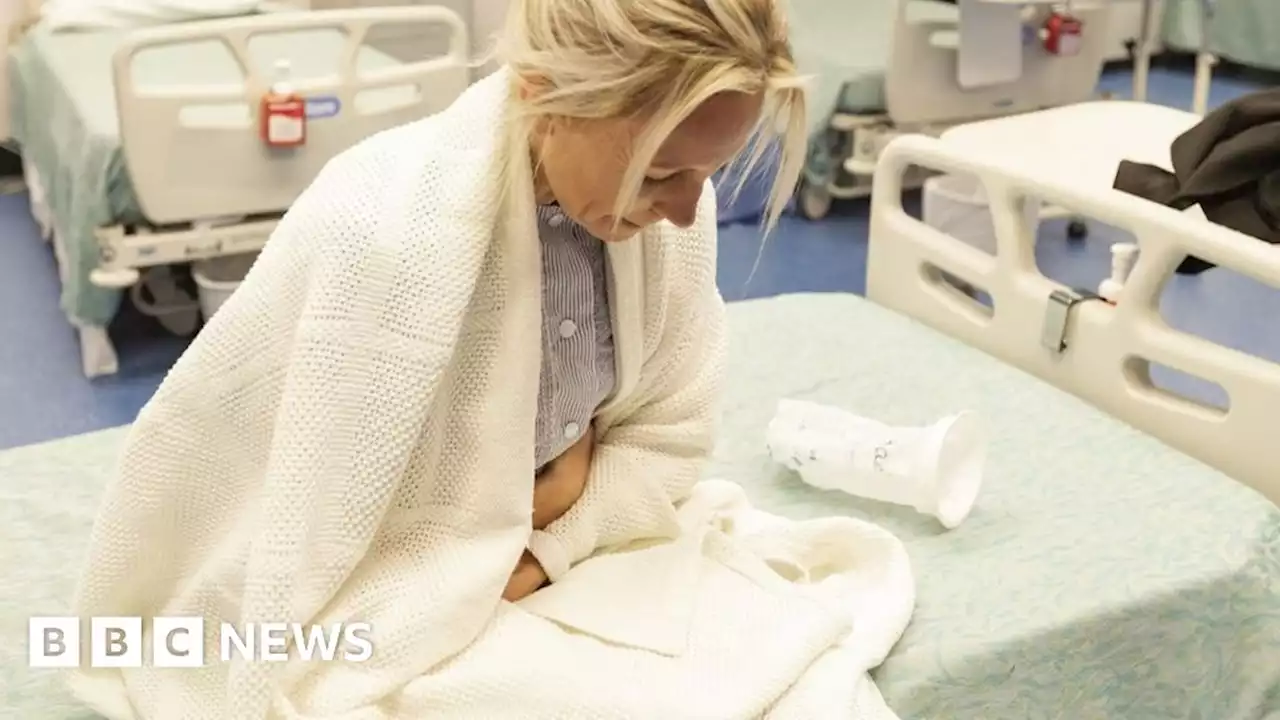A pancreatic cancer vaccine provoked an immune response in half of patients treated in a trial, a finding that outside experts described as very promising.
Five years ago, a small group of cancer scientists meeting at a restaurant in a deconsecrated church hospital in Mainz, Germany, drew up an audacious plan: They would test their novel cancer vaccine against one of the most virulent forms of the disease, a cancer notorious for roaring back even in patients whose tumors had been removed.
Researchers at Memorial Sloan Kettering Cancer Center in New York, led by Dr. Vinod Balachandran, extracted patients’ tumors and shipped samples of them to Germany. There, scientists at BioNTech, the company that made a highly successful COVID vaccine with Pfizer, analyzed the genetic makeup of certain proteins on the surface of the cancer cells.
But the simple fact that scientists could create, quality-check and deliver personalized cancer vaccines so quickly — patients began receiving the vaccines intravenously roughly nine weeks after having their tumors removed — was a promising sign, experts said. A personalized mRNA cancer vaccine developed by Moderna and Merck reduced the risk of relapse in patients who had surgery for melanoma, a type of skin cancer, the companies announced last month. But the latest study set the bar higher by targeting pancreatic cancer, which is thought to have fewer of the genetic changes that would make it ripe for vaccine treatments.
“It’s anecdotal, but it’s nice confirmatory data that the vaccine can get into these other tumor regions,” said Dr. Nina Bhardwaj, who studies cancer vaccines at the Icahn School of Medicine at Mount Sinai.
Australia Latest News, Australia Headlines
Similar News:You can also read news stories similar to this one that we have collected from other news sources.
 Pancreatic cancer: NI cases up 86% in 10 yearsMost sufferers are only diagnosed after emergency hospital admission, an audit has revealed.
Pancreatic cancer: NI cases up 86% in 10 yearsMost sufferers are only diagnosed after emergency hospital admission, an audit has revealed.
Read more »
 A deep learning algorithm to predict risk of pancreatic cancer from disease trajectories - Nature MedicineA deep learning algorithm using electronic health records from two large cohorts of patients predicts the risk of pancreatic cancer from pre-cancer disease trajectories up to 3 years in advance, showing promising performance in retrospective validation.
A deep learning algorithm to predict risk of pancreatic cancer from disease trajectories - Nature MedicineA deep learning algorithm using electronic health records from two large cohorts of patients predicts the risk of pancreatic cancer from pre-cancer disease trajectories up to 3 years in advance, showing promising performance in retrospective validation.
Read more »
 New AI can predict pancreatic cancer 3 years early: study saysResearch suggests that an AI tool can detect who is at risk for the deadly disease by using the patient’s medical records.
New AI can predict pancreatic cancer 3 years early: study saysResearch suggests that an AI tool can detect who is at risk for the deadly disease by using the patient’s medical records.
Read more »
 Artificial intelligence can be trained to spot pancreatic cancer risk 3 years before diagnosis, study saysAccording to a new study, artificial intelligence algorithms may be the key to identifying who is at the most risk of developing one of the most notoriously difficult cancers to diagnose early: pancreatic cancer.
Artificial intelligence can be trained to spot pancreatic cancer risk 3 years before diagnosis, study saysAccording to a new study, artificial intelligence algorithms may be the key to identifying who is at the most risk of developing one of the most notoriously difficult cancers to diagnose early: pancreatic cancer.
Read more »
 Angelina Jolie Remembers Her Late Mother's Cancer Battle in Rare Post'Tomorrow would have been my mother’s 73rd birthday. She passed away 15 years ago, after a long struggle with breast and ovarian cancer.'
Angelina Jolie Remembers Her Late Mother's Cancer Battle in Rare Post'Tomorrow would have been my mother’s 73rd birthday. She passed away 15 years ago, after a long struggle with breast and ovarian cancer.'
Read more »
